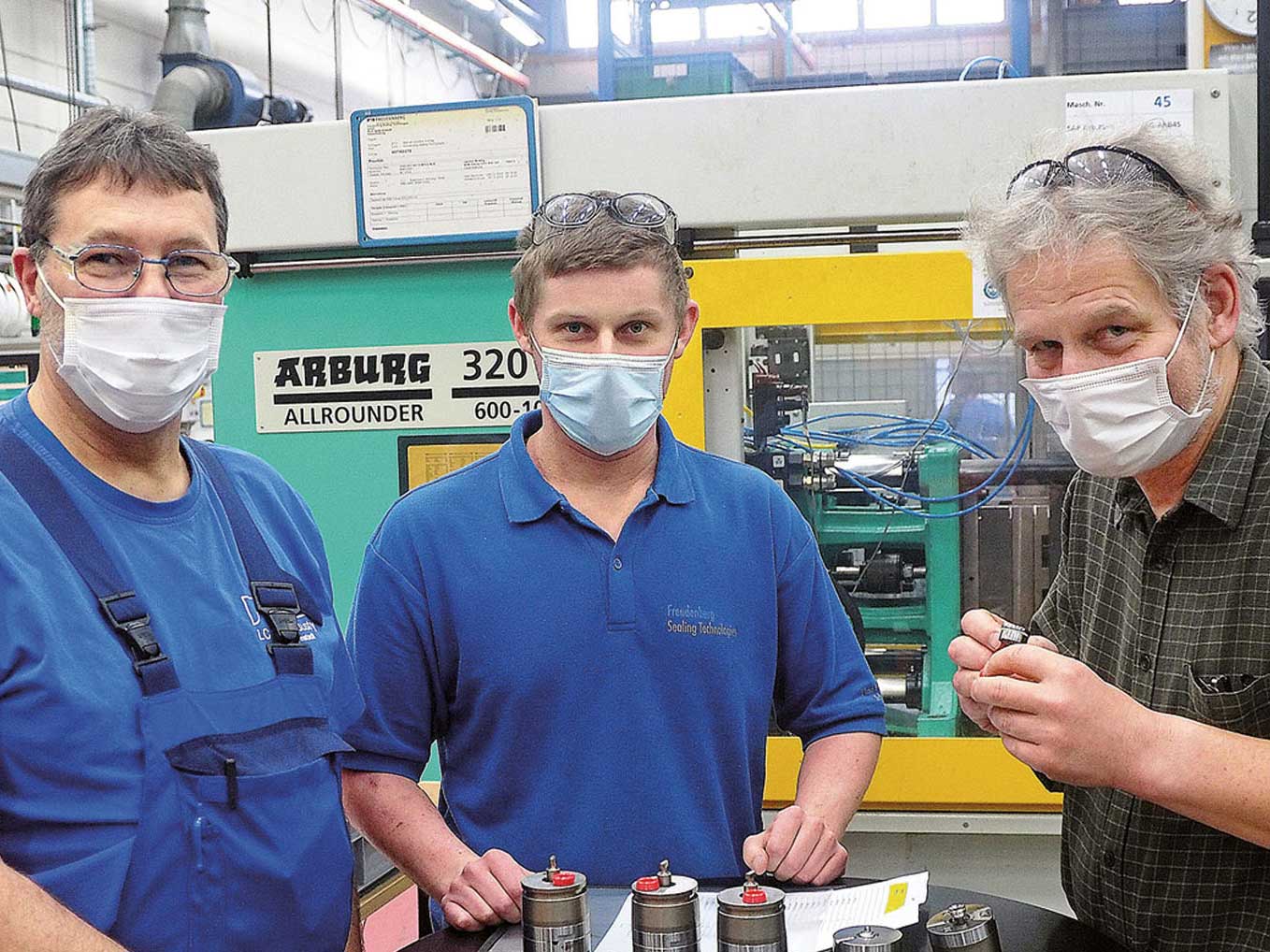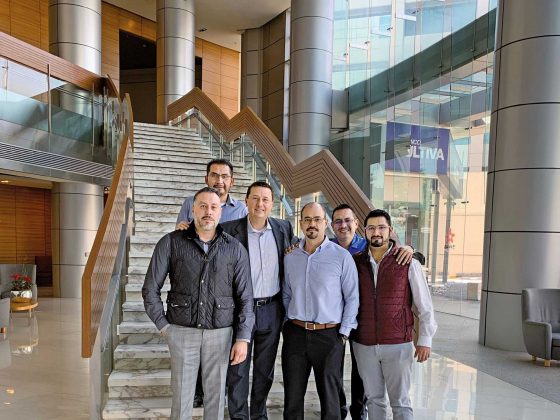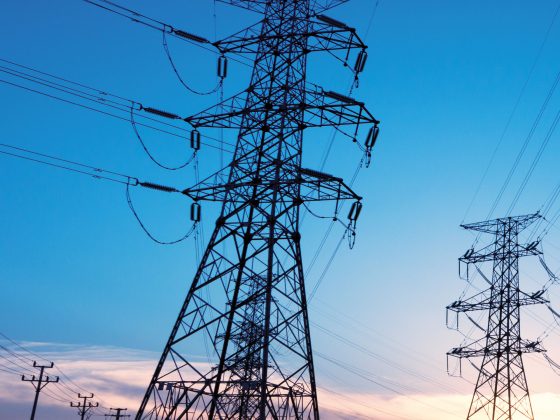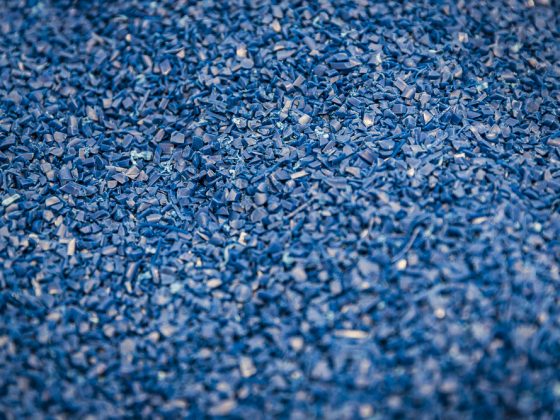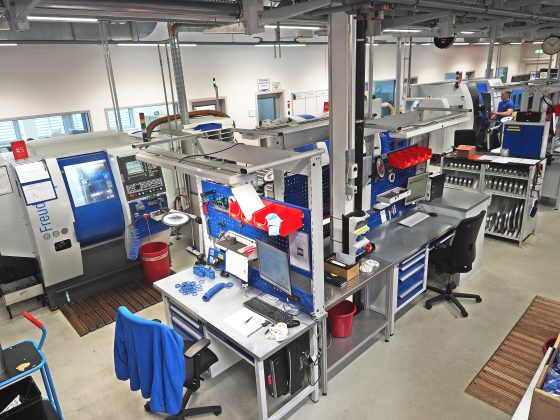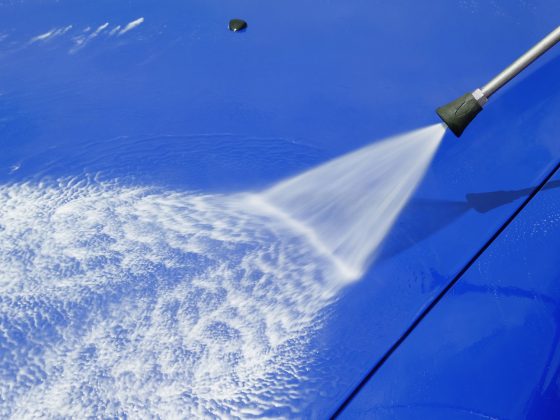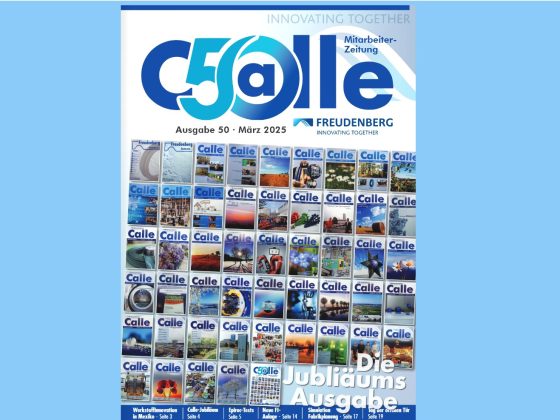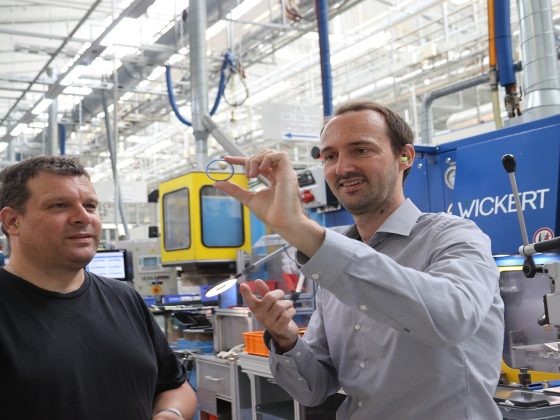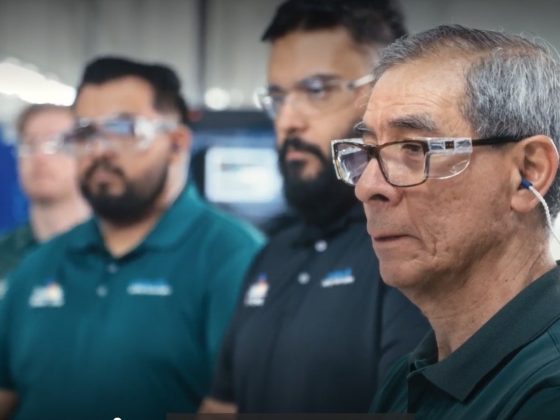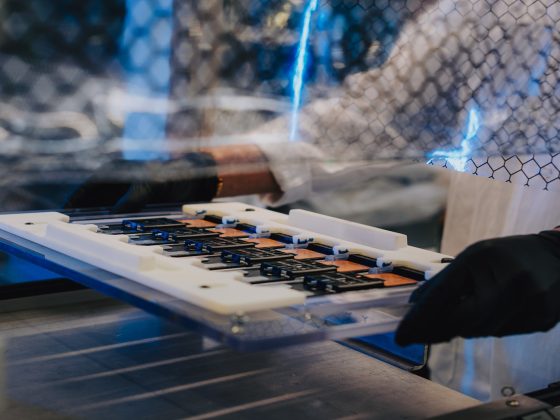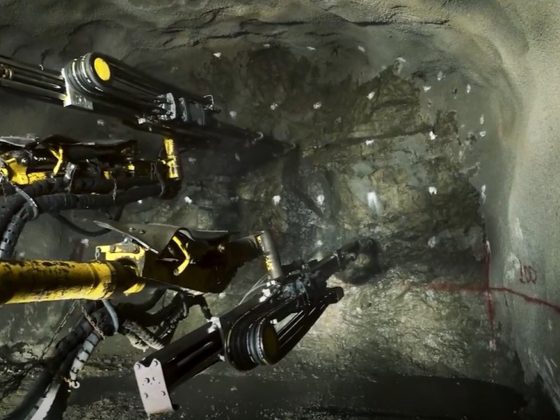The German startup, Mitte, has developed a machine that filters tap water and can enrich it with minerals. The goal is to use it in places where tap water is drinkable only to a limited degree. To seal the passage between the gas cartridge and the pressure reduction valve on the side of the equipment, it is essential to span unusual tolerance ranges – which is not a technically-trivial matter. Engineers in Schwalmstadt, Germany, took on the challenge and developed a clever sealing solution.
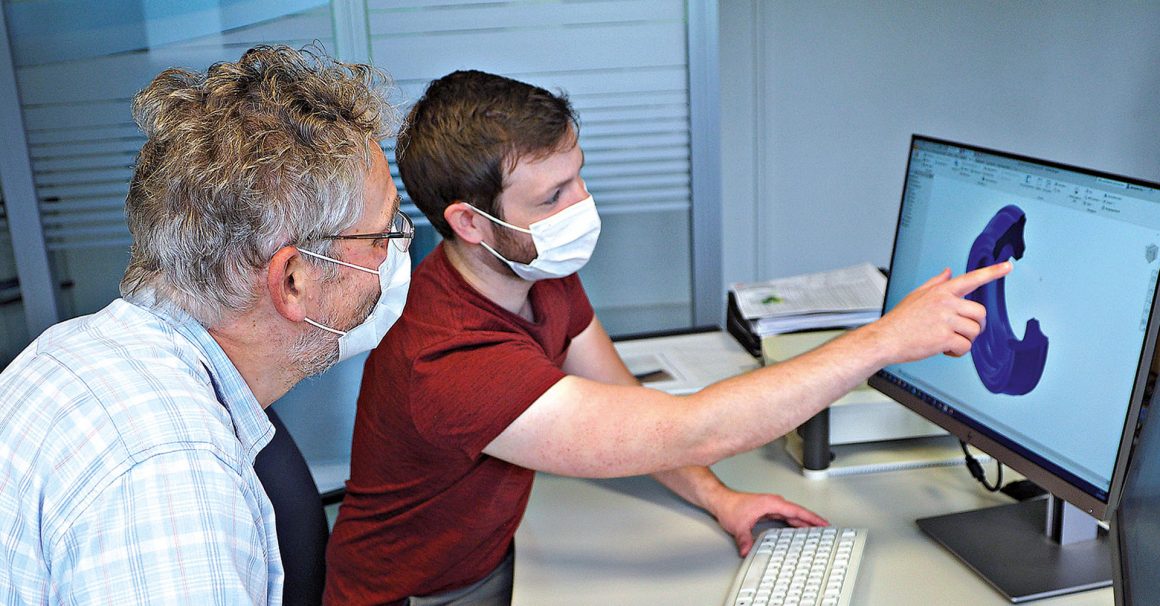
The quality of drinking water is in decline worldwide, according to the latest studies. More and more pollutants, especially microplastics, along with bacteria, viruses, organic and inorganic compounds, pesticides, pharmaceuticals and hormones, are contaminating one of humanity’s major sources of subsistence. The German startup, Mitte, has taken on the challenge and has developed an appliance for home use that filters tap water and can even enrich it with minerals and trace elements. The goal is to use it in places where tap water is not always drinkable and enjoyable. The device’s launch into the market turned out to be difficult. A critical point: There were difficulties with reliably sealing the passage between the valve for the gas cartridge and the pressure reduction valve on the side of the device. An unusual tolerance range had to be spanned since the connection height for the gas cartridges had not been standardized.
In early April, using the online contact form, the customer turned to FST for help. “It was an inquiry that couldn’t be handled in a conventional way,” said Ulrich Wüstenhagen, Product Development Pneumatics. “There were no detailed specifications. We initially had to work around many details, even though time was of the essence.” The challenge: A bottle of CO2 is screwed into the device using a trapezoidal thread on an exposed brass valve. As soon the gas cartridge is in place, carbon dioxide gas is constantly applied at 60 bar against on the interior side of the seal, and, in the process, the CO2 – in varying amounts depending on the material – penetrates the seal. When there is a sudden release of atmospheric pressure, the gas escapes the sealing material, potentially doing severe damage to the seal and potentially resulting in explosive decompression.
So it was crucial to identify a material that is suited for this pressure range and approved for food and beverage applications. Material specialists on-site and in Weinheim were consulted. There were no test results available for potential materials that could deal with the particular problem, and comprehensive test series would have disrupted the time frame. So the only option was an empirical approach – almost trial-and-error – with a real-life object.
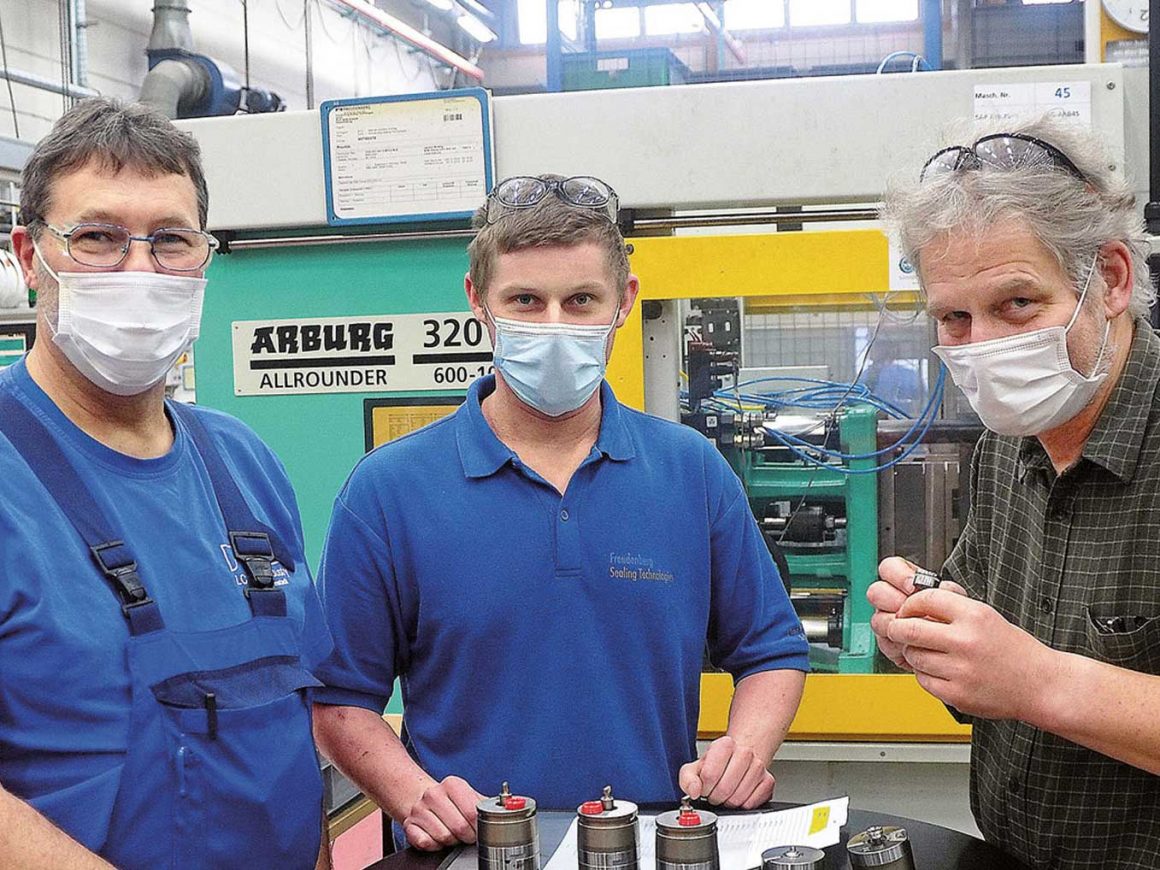
POLYURETHANE AS THE SOLUTION
These tests took place on site at the manufacturer, using different versions of seals that were quickly machined at Freudenberg Xpress®.
At the end, two types of materials made it to the final selection: a relatively hard polyurethane and EPDM materials in varying degrees of hardness. The first tests at the customer looked at long-term leak tightness, that is, resistance to CO2 and a sudden pressure release. Another requirement was that users had to be able to easily screw the cartridge in and out when it had to be replaced – without an appreciable amount of gas escaping. Using samples with appropriately refined surfaces, engineers determined that a coating could be helpful in reducing frictional torque and simplifying handling. With the help of finite element analysis, application engineers Patrick Kinsch and Mert van Dawen investigated seal designs developed by design engineer Alexander May. They were able to use the results to see how a particular material behaves in combination with a particular geometry, whether the local deformation and stresses remain within permissible values, and the amount of frictional torque that can be expected.
There is now a successfully tested seal geometry made of polyurethane, and the customer has received a pre-series run of about 1,000 units from Freudenberg Xpress®. The next step is to make and provide samples for the injection mold, already ordered by the customer. It will enable series production parts to be efficiently manufactured. “Given the rather difficult situation at the start, we have arrived at a working solution surprisingly quickly – not least of all due to the ideas and practical contributions of the team members,” Wüstenhagen said.
Mitte, a German startup
Mitte was formed to develop a drinking water supply system that meets the challenges of the 21st century. It is geared to health, sustainability and user-friendliness. The Berlin-based company is developing a range of products without harming the planet in the process. The products are inspired by the natural cycle of water.
With its Mitte Home product, the company is providing the first smart system for water treatment at home. It relies on an advanced filtration and mineralization technology to purify water and improve its taste with minerals – with or without carbonation.
The startup was founded in 2016 and is funded by Atlantic Food Labs, Danone Manifesto Ventures, VisVires New Protein Fund, Bitburger Ventures and Kärcher New Ventures.
